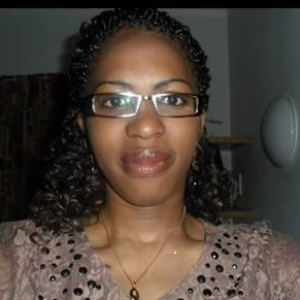Title : Effectiveness of biopolymer adsorbent treatment method for small medium winery industry in South Africa
Abstract:
The South African winery industry generates large amounts of contaminated wastewater with significantly high organic and inorganic substance concentrations. Winery wastewater treatment research has shown that there are several potential researchers that have limited awareness of biopolymer adsorbents and their relevance. This study aims to understand potential purchasers' specific expectations as they progress along the awareness scale. Also, to promote our new treatment method, biopolymer adsorbent, qualitative and quantitative research was conducted regularly. The promotion treatment research was two-phased. First, a qualitative phase entailed document searchers. The second phase entailed a semi-structured interview, focused on open- ended questionnaires on the knowledge and significance of biopolymer adsorbent technology/any winery treatment technology. Data was compiled from 6 respondents (1 winery and 5 technology treatment experts from the Department of Agriculture). Thematic analysis was used to analyze the data. Three themes emerged in marketing our new technology product solution, biopolymer adsorbent.
The proposed treatment method for adopting biopolymer adsorbent technology is further supported by insights from users and experts in the treatment field. Feedback from potential purchasers and technology experts highlighted the superior features of biopolymer adsorbents, including their renewable nature, high adsorption capacity, and environmental friendliness. Despite initial scepticism and concerns, stakeholders expressed interest and openness to the potential benefits of biopolymer adsorbent technology, underscoring the importance of continued education and awareness initiatives to promote its adoption.
The novel biopolymer adsorbent method offers a sustainable and environmentally friendly alternative to conventional wastewater treatment methods, addressing the crucial challenges faced by the South African wine industry. Unlike physicochemical treatment methods, which often involve complex chemical processes and high energy consumption, biopolymer adsorbents derived from renewable sources such as chitosan and cellulose present an inherently biodegradable solution, reducing reliance on non-renewable resources. Adopting the Biopolymer Adsorbent technology method represents a promising approach to addressing wastewater treatment challenges in the South African wine industry, offering a viable, environmentally sustainable, and economically feasible solution. By building on its unique advantages, addressing existing barriers, and fostering stakeholder engagement, biopolymer adsorbents have the potential to revolutionize wastewater treatment practices, promote sustainability, and support the long-term growth and prosperity of the industry.



